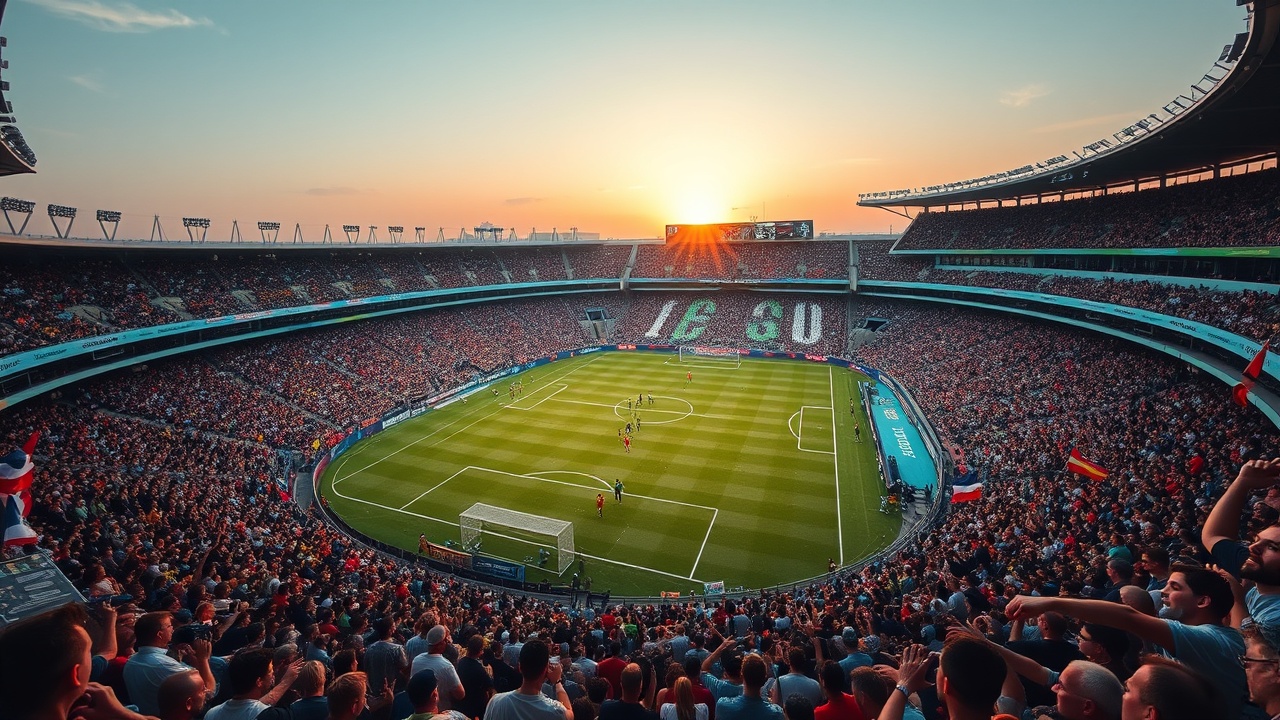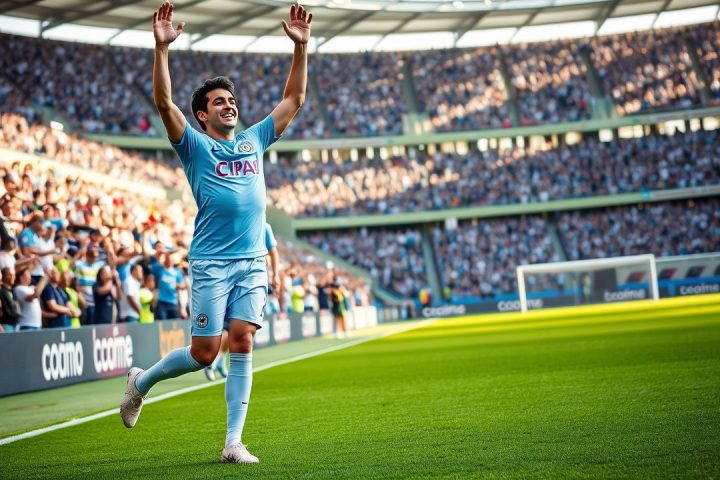The Premier League: A Global Football Powerhouse
The Premier League continues to reign as the globe’s preeminent football league, attracting massive financial inflows from the international sale of broadcasting rights. Its stadiums have transformed into significant tourist destinations, pulling in visitors from across the world. Unlike major football competitions in Spain, Italy, and beyond, which showcase top clubs and star players—such as Kylian Mbappe at Real Madrid—the Premier League excels in viewer engagement and revenue generation.
The Birth of the European Super League
In an attempt to rival this financial supremacy, several Spanish and Italian teams, alongside other European clubs, attempted to establish the European Super League (ESL) in April 2021. With notable figures such as Florentino Perez of Real Madrid and prominent clubs like Barcelona and Juventus involved, the ESL aimed to offer a lucrative alternative to the Champions League. However, the participation of six prominent Premier League teams—Arsenal, Chelsea, Liverpool, Manchester City, Manchester United, and Tottenham Hotspur—was short-lived, as backlash from fans and other clubs forced them to withdraw shortly after.
The Origins and Financial Growth of the Premier League
This misstep was one of the few times the dominance of the Premier League has been questioned. The league’s journey began in the early 1990s when clubs from the English First Division sought greater autonomy. This led to the formation of the Premier League in August 1992 after they broke away from the Football League and aimed for independent control over commercial and broadcast revenues. Initially starting with 22 clubs, the number was reduced to 20 by the end of the 1994-95 season, marking the inception of a financial entity that would soon overshadow other European leagues.
Richard Scudamore, the architect behind the Premier League’s rise, disputes the notion that it operates as a challenger league, emphasizing that it didn’t set out to compete against the structures of English football but rather refined them. “All change, but nothing changed,” Scudamore remarked, suggesting that it was primarily a marketing strategy that transformed the economics of football without altering its fundamental governance.
Challenges and Rivalries
Conversely, Charlie Stillitano, who has a wealth of experience in sports management, posits that the Premier League stands as an ultimate challenger league in its ability to surpass rival leagues in Spain, Italy, Germany, and France. Notably, he points to astronomical investments in Premier League rights, especially from networks like NBC in the U.S., which pays approximately $450 million annually for broadcast exclusivity. This financial prowess has created a vacuum for competing leagues, particularly following the 2008 economic downturn and the subsequent establishment of financial fair play regulations, which weakened many clubs in Spain and Italy, notwithstanding the historical dominance of La Liga’s top clubs during that period.
While the Premier League’s wealth and market presence have positioned it unfavorably against potential rivals, other professional sports leagues like Major League Soccer (MLS) in the U.S. face challenges from emerging competitors like the United Soccer League (USL), planning to launch a distinct first-division league by 2027. In the realm of American football, past attempts to create competitive leagues, such as the XFL, have faltered due to a lack of adequate financial backing and market share when pitted against the NFL’s established market. Vince McMahon’s XFL, revived in 2020, ultimately succumbed to the COVID-19 pandemic after promising initial ratings.
Future Prospects and Challenges for the Premier League
The Premier League’s influence may also face challenges from the Saudi Pro League, which has made headlines with significant investment into acquisitions like Cristiano Ronaldo, yet the ultimate question remains whether such investments can transform the SPL into a dominant football brand.
The establishment of a rival league to the Premier League appears daunting due to financial constraints, infrastructure needs, and legal complexities, including the necessity for approval from the Football Association (FA). Due to its unique governance structures and the distribution of revenues, the Premier League’s competitive edge remains intact, leading experts like Samuel Cuthbert to predict a bleak outlook for any would-be challengers.
However, there still exist possibilities for adaptation and innovation within the realm of football—illustrated by non-traditional formats like the recent World Sevens Football tournament, which operates outside FIFA’s jurisdiction. Nonetheless, these initiatives do not yet present a serious challenge to the established order of the Premier League. For the time being, the Premier League continues to thrive as the most-watched football league globally, maintaining a significant barrier to any potential competitors, leaving many to speculate when, or if, the balance of power in football will ever shift.




